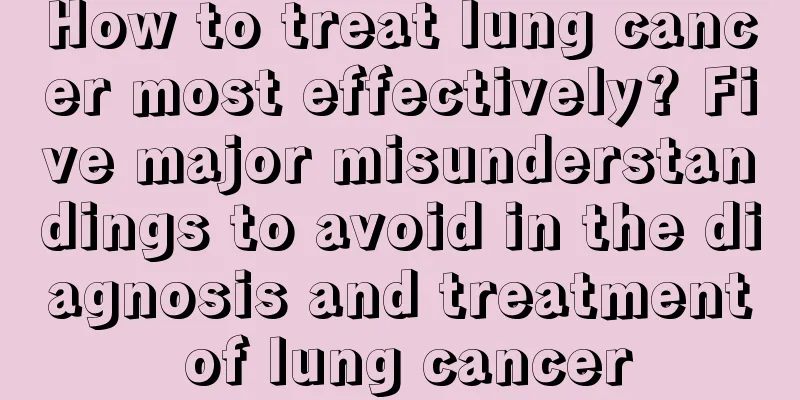What is multidrug resistance

|
Now more and more people are beginning to realize that taking medicine, getting injections, or infusions when you are sick is a wrong solution. Because when the body takes in too much medicine, the virus will develop a certain degree of drug resistance and tolerance. Today we will take a detailed look at what multidrug resistance is, and hope it can help you. Multidrug resistance (MDR) refers to the long-term exposure of tumor cells to a certain chemotherapy drug, which produces not only resistance to this chemotherapy drug, but also cross-resistance to multiple chemotherapy drugs with different structures and functions. This is the most important defense mechanism of tumor cells from the attack of chemotherapy drugs and is also one of the main reasons for the failure of chemotherapy. Multidrug resistance of tumor cells can be divided into natural resistance (resistance existing at the beginning of chemotherapy) and acquired resistance (induced by a chemotherapeutic drug during chemotherapy). It is currently believed that the occurrence of multidrug resistance is related to a variety of factors, such as resistance mediated by the multidrug resistance gene (MDR1) and its encoded glycoprotein (P-GP), increased expression of multidrug resistance-related protein (MRP) and lung resistance protein (LRP), enhanced activity of glutathione transferase (GST), changes in the activity of DNA repair and replication enzymes, DNA topology enzymes, and changes in calcium ion concentration. Let’s take a look at what multidrug resistance is? What kind of harm will it cause to the body. Multidrug resistance (MDR) refers to resistance to one drug as well as resistance to other anti-tumor drugs with different structures and targets. Multidrug resistance is one of the important reasons for the failure of anti-infective drug treatment and tumor chemotherapy. The "super bacteria" that appeared in 2010 are also a type of multidrug resistance. Causes and treatment reason Multidrug resistance arises from mutation or overexpression of molecules that deactivate drugs in cells. The multidrug resistance of bacteria is mainly caused by the mutation of beta-lactamase, while the multidrug resistance of tumor cells is caused by the overexpression of proteins on the cell membrane that expel antitumor drugs, such as the overexpression of P-glycoprotein. treat There are several strategies to reverse and overcome drug resistance 1. Use drugs without cross-resistance 2. Inhibit the function of multidrug resistance proteins and overcome drug resistance 3. Reversal of drug resistance with verapamil (tumor cells) I don’t know whether you can accurately grasp and understand the relevant knowledge about multidrug resistance that I introduced to you today. I hope that you will pay more attention to your physical health and future development when you are sick. It is recommended that you avoid intravenous infusions and frequent medication as much as possible to avoid drug resistance. |
<<: How to make yellow white shoes white
>>: What happens if I have radiotherapy for villonodular synovitis
Recommend
Can hair grow back after it falls out
Hair loss is a phenomenon that occurs in both men...
Milk can be used to treat several skin diseases
Studies have found that the enzymes contained in ...
Can rectal ultrasound detect prostate cancer? How to detect prostate cancer?
Prostate cancer is the most common cancer in men....
Side effects of Germanium stone steaming
Many people like sweat steaming very much, becaus...
Why do pimples appear on the buttocks from sitting for a long time?
People attach great importance to their buttocks,...
What causes right brain nerve pain?
Many people in life often suffer from headaches, ...
How to clean the belly button?
After a day's work, we have to wash our bodie...
Blisters after moxibustion are extremely itchy
Moxibustion is a relatively common Chinese medici...
What harm does synthetic latex mattress do to the human body?
Latex mattresses are a very popular type of beddin...
Does having a pituitary tumor mean death?
Everyone is panicking about cancer and tumors, es...
What are the methods for diagnosing lung cancer? There are 3 common diagnostic methods for lung cancer
Since the causes of lung cancer are relatively co...
Arm wrestling skills_Arm wrestling skills
When we arm wrestle for the first time, we all ho...
Spring is here, are you still worried about the sluggishness in the afternoon?
When talking about spring, many people will think...
How long should crabs be soaked in salt water?
The price of seafood such as crabs is generally q...
How to treat prostate cancer? What to do if you have prostate cancer
The pathological types of prostate cancer include...









